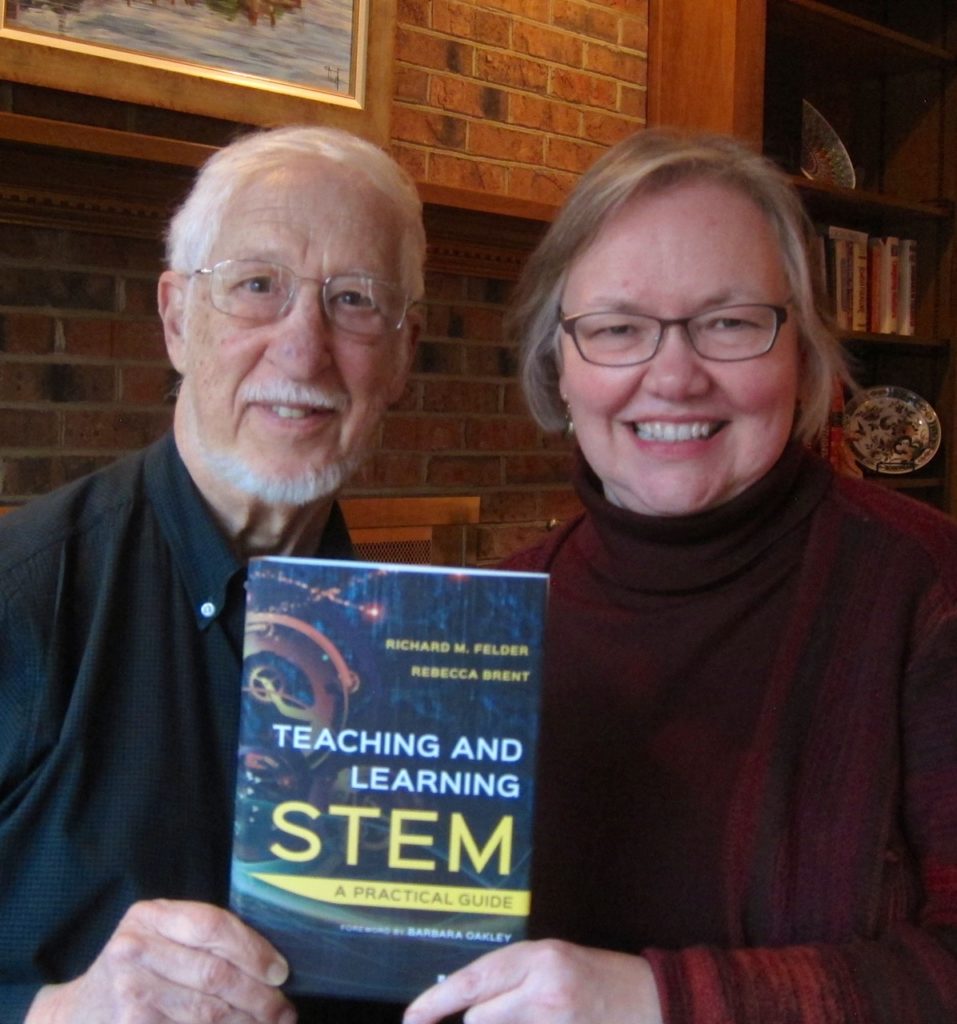College teaching may be the only skilled profession that does not routinely provide its practitioners with prior instruction or on-the-job training. The assumption seems to be that getting a Ph.D. in a discipline somehow equips people with the knowledge and skills to design courses, motivate students to learn and equip them with well-developed analytical and professional (“soft”) skills, lecture effectively, actively engage students in class regardless of the class size, write good assignments and tests, and deal with the hundreds of problems that routinely arise when dealing with a class full of individuals with different abilities, needs, motivations, and problems. The assumption is false–research has shown that it typically takes new instructors 4-5 years of trial and error to learn to teach effectively, and some never learn. Unfortunately, the ones who pay the penalty for the errors are usually not the ones making them.
As it happens, a great deal is known from both research and experience about what makes teaching effective. Most of it does not require innate teaching ability or a particular type of personality, but simply involves a combination of easily implemented techniques and common sense. This workshop draws on this material to provide current and future faculty members with tools and strategies to make them more effective teachers.
The workshop takes two half-days. If the presentation is face-to-face, the two sessions may be morning and afternoon of the same day or afternoon of one day and morning of the next day. For on-line presentation, the sessions may be separated by as much as one week.
Topics Addressed
- What does brain research tell us about learning and how teachers can help make it happen?
- How do I plan a course? What do I do in the first week to get it off to a good start?
- How can I be a better lecturer? How can I get students actively engaged in class, even if there are 200 of them in the room.
- How can I create tests that are both rigorous and fair? How can I grade written and oral reports efficiently and fairly and teach students to produce good ones?
- What mistakes do 95% of new faculty members make that seriously limit their research productivity and teaching effectiveness? If I’m a new faculty member, how can I avoid making those mistakes? If I’m an experienced faculty member or a department head, how can I help my new faculty colleagues avoid them?
Contact Richard Felder for information about scheduling and fees.
